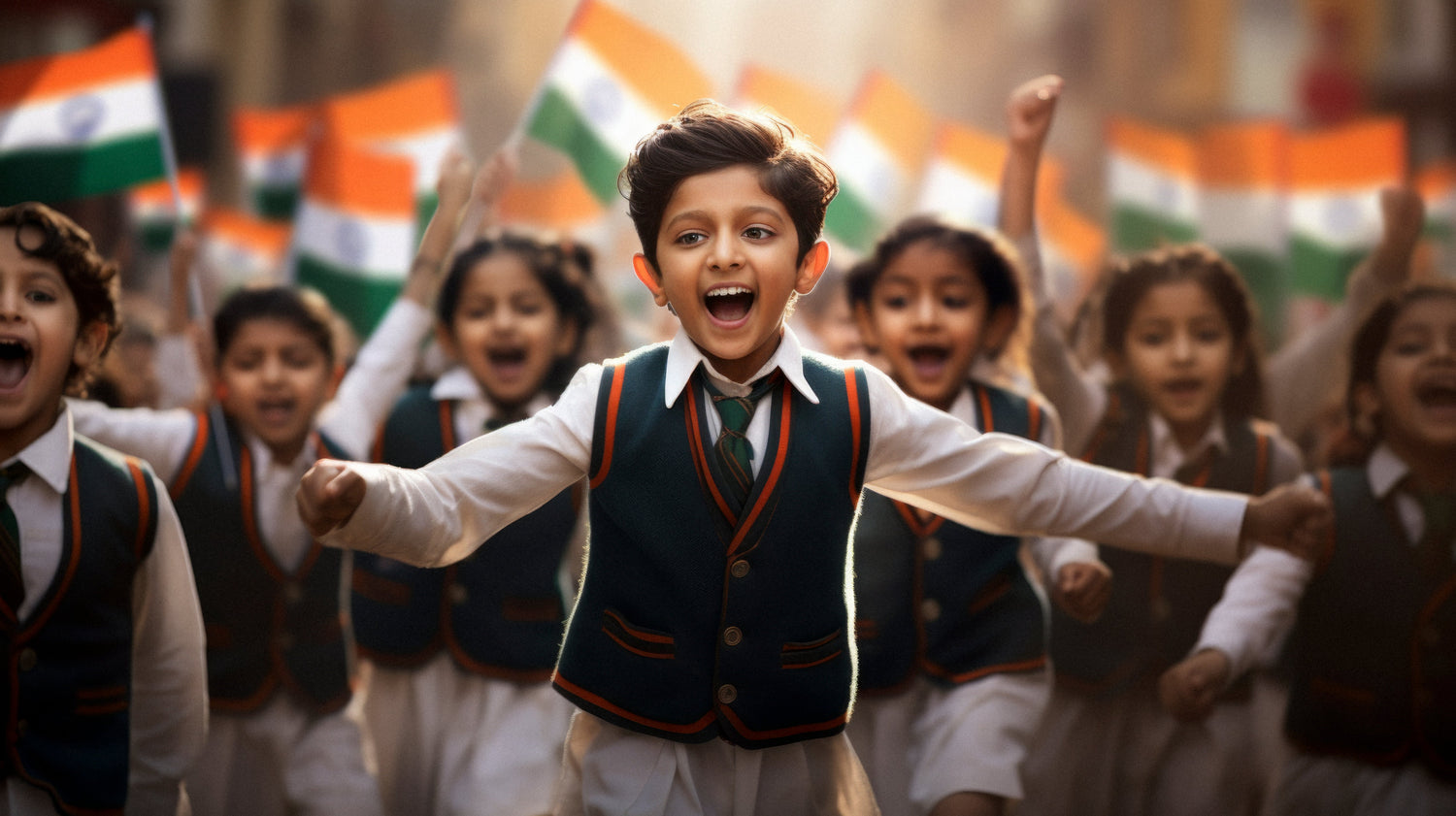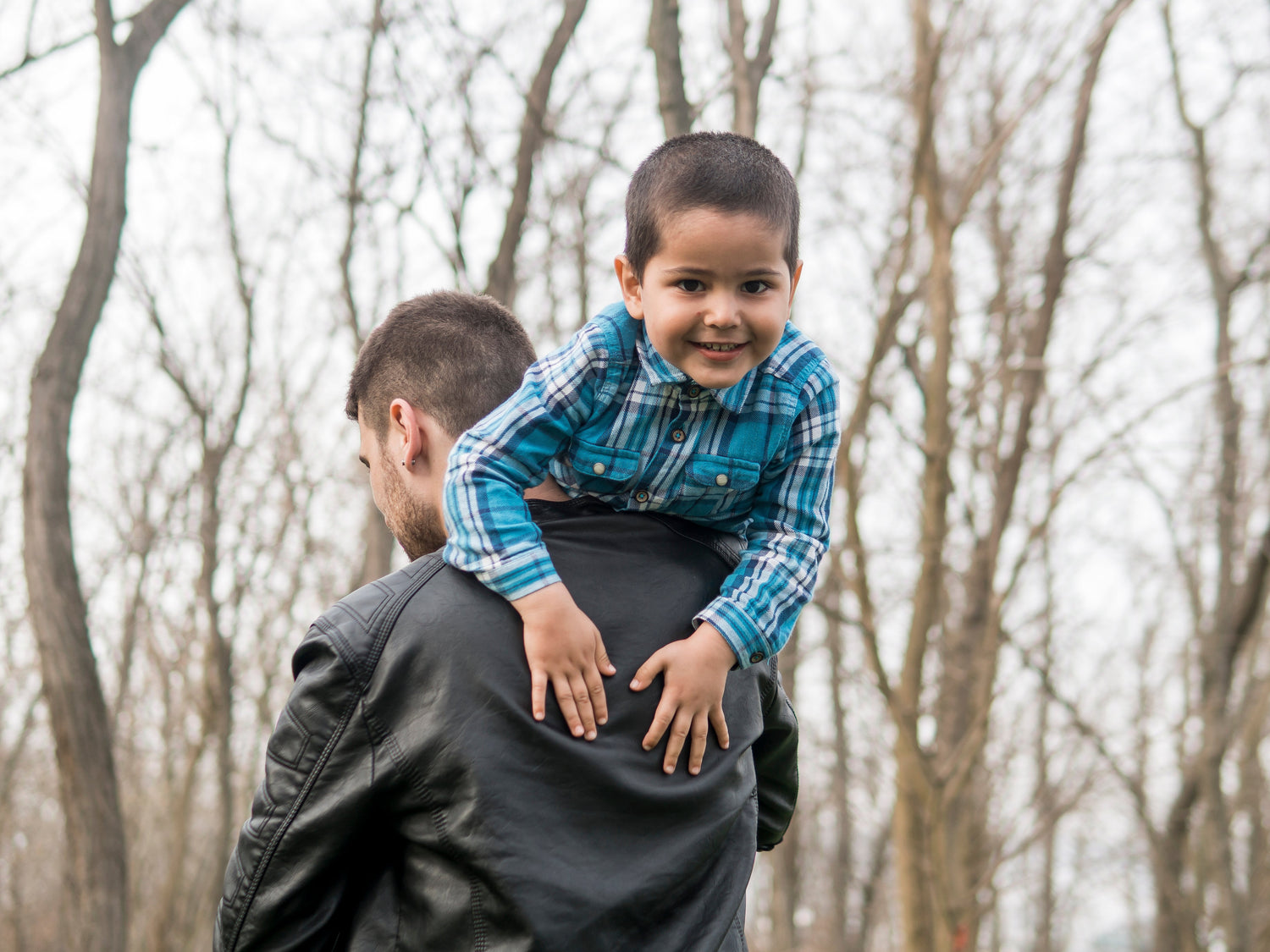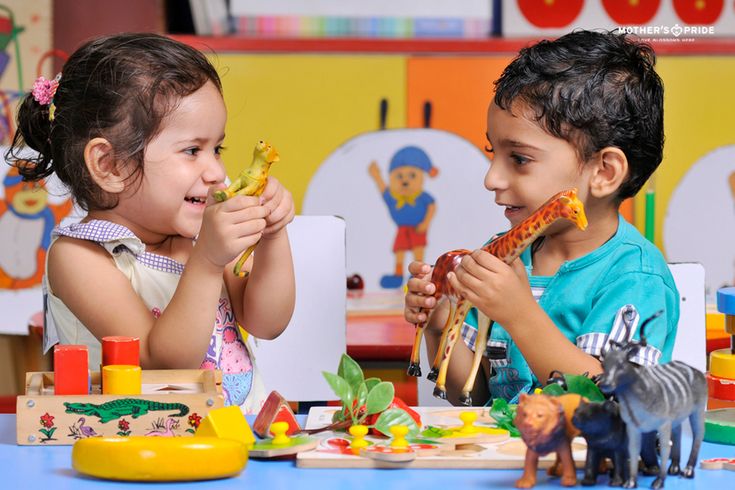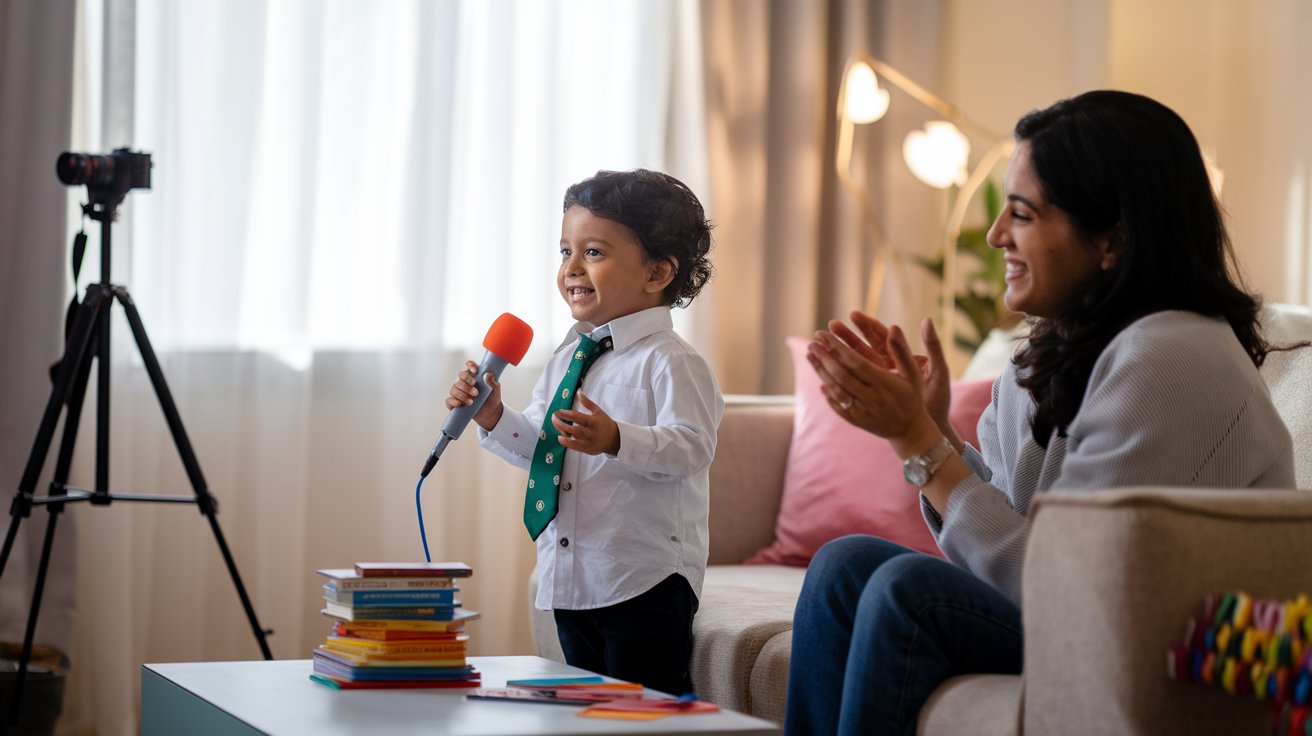Ever wondered why some toys captivate your child’s attention while others gather dust? It’s not just about fun; it’s about finding the right tools to unlock their potential! In the bustling life of Indian parents, juggling work, home, and parenting, choosing the right toys might seem like just another task. But did you know that picking age-appropriate toys can be the key to hitting those all-important developmental milestones? Let’s explore how these toys can turn everyday play into powerful learning moments!
1. Tailored Learning: Finding the Perfect Toy for Every Stage :
Choosing toys that match your child's developmental stage is key to fostering growth and learning. Age-appropriate toys are designed to align with the specific needs of each age group, helping children reach their full potential. For instance, infants benefit from sensory toys like soft rattles and colorful mobiles, which help them develop their senses and motor skills. As they grow into toddlers, toys such as stacking blocks and shape sorters promote fine motor skills and problem-solving abilities. By preschool age, children are ready for more complex play, such as puzzles and role-playing games, which encourage creativity and critical thinking. Tailoring toys to your child's age ensures they are both challenged and engaged, helping them develop important skills at their own pace.
2. Skill-Building Play: Developing Key Abilities Through Age-Appropriate Toys
Each stage of a child's development calls for different types of play to nurture specific skills. For infants, sensory exploration is crucial; toys like textured balls, soft books, and teething rings help them explore the world through touch and sight. As children move into toddlerhood, toys that challenge their physical and cognitive abilities, like simple puzzles, building blocks, and activity centers, become important. These toys help develop coordination, problem-solving skills, and basic understanding of shapes and colors. Preschoolers, on the other hand, benefit from toys that encourage social interaction and imaginative play, such as dress-up costumes, play kitchens, and construction sets. These toys help build social skills, creativity, and critical thinking. By selecting toys that target specific developmental skills, parents can support their child's growth in a fun and engaging way
3. Safety Considerations: More Than Just Age Labels:
Safety is a primary concern that often gets overlooked in the rush of daily life. Age-appropriate toys are not just about intellectual stimulation—they are also crucial for physical safety. Toys designed for older children often contain small parts that can pose choking hazards to younger kids. Additionally, toys for younger children are usually made with softer materials and without sharp edges, reducing the risk of injury. Parents should always check the recommended age range on toy packaging and ensure that toys meet safety standards to prevent accidents.
4. Avoiding Overstimulation and Frustration:
Choosing toys that match your child's developmental level is crucial for a positive learning experience. While it might seem beneficial to give more complex toys, those that are too advanced can overwhelm children, leading to frustration and loss of interest. Age-appropriate toys provide the right amount of challenge, allowing children to engage and succeed at their own pace. For instance, a simple stacking toy or large-piece puzzle is perfect for a toddler still mastering fine motor skills, while a more advanced puzzle might be too frustrating. These toys help children build confidence, enjoy learning, and develop skills step by step, preventing gaps in foundational abilities. By ensuring the toys are appropriately challenging, parents can support their child's growth and foster a love for learning.
5. Encouraging Focused and Meaningful Play:
With the rise of screen-based entertainment, it’s crucial for parents to encourage hands-on, meaningful play. Age-appropriate toys promote focused play, which is vital for developing attention span and concentration. For example, puzzles and building sets require children to focus on completing a task, fostering patience and perseverance. These qualities are not only important for academic success but are also essential life skills.
6. Supporting Social and Emotional Development:
Toys are not just tools for physical and cognitive development; they also play a significant role in social and emotional growth. For instance, dolls and action figures can help children understand and express emotions, while board games teach important lessons about cooperation, turn-taking, and fair play. Age-appropriate toys can foster empathy and communication skills, which are critical for building healthy relationships.
7. Nurturing Creativity and Imagination:
In a world dominated by structured activities and digital screens, free play with age-appropriate toys is a rare and valuable opportunity for children to use their imagination. Open-ended toys, like building blocks, art supplies, and dress-up costumes, allow children to create and explore new worlds. This type of play is essential for developing creativity, problem-solving skills, and the ability to think outside the box.
Conclusion: The Right Toy at the Right Time
Choosing age-appropriate toys is not just about keeping children entertained—it’s about nurturing their growth and helping them reach their full potential. By understanding the importance of these toys and actively participating in your child's playtime, you are setting them up for success in all areas of development.
As parents, we often find ourselves balancing tradition with modern approaches to parenting. Embracing the significance of age-appropriate toys can be a wonderful way to blend these two worlds, ensuring our children grow up with a well-rounded set of skills and a love for learning.
Questions for You:
Have you ever noticed your child getting frustrated with a toy? What kind of toy was it, and how did you handle it?
When choosing toys for your child, do you consider their developmental stage, and how do you decide if a toy is right for them?









